- Need Technical Assistance? cgiar-euprogrammes@getvfairs.io
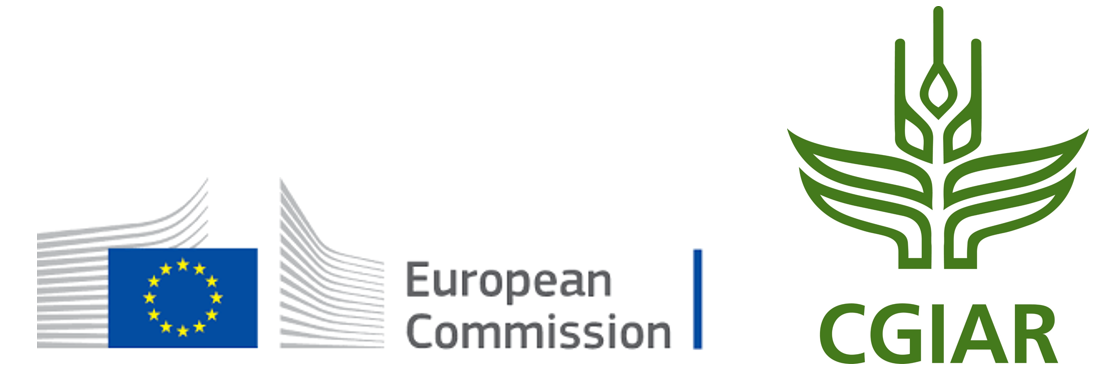

One CGIAR is a dynamic reformulation of CGIAR’s partnerships, knowledge, assets, and global presence. This transformation brings together its existing Centers and Alliances, under a unified governance and operational umbrella, that will become the foundation and building blocks of One CGIAR, to transform food, land and water systems in a climate crisis. This will be guided by the One CGIAR’s new 2030 Research and Innovation Strategy. During the United Nations Food Systems Summit (UNFSS) 2021 Pre-Summit, a new research and innovation prospectus comprising 33 Initiatives in the 2022-2024 One CGIAR business plan was launched, which will scale research and innovation for positive impact on all Sustainable Development Goals (SDGs).
One CGIAR will offer a one-stop-shop for our partners whilst working towards a world with sustainable and resilient food, land, and water systems, that delivers diverse, healthy, safe, sufficient, and affordable diets, and that ensures improved livelihoods. This will be achieved through research and innovation that advance the transformation of food, land, and water systems, to deliver measurable benefits across the flowing five impact areas: Nutrition, Health & Food Security; Poverty reduction, livelihoods and jobs; Gender equality, youth and social inclusion; Climate adaptation and Mitigation and, Environmental Health & Biodiversity.
In the context of this institutional process of change, One CGIAR will work with partners not only on research but also on integrated technological and institutional innovations, capacity development and policy engagement, to address the food, land and water systems challenges in a climate crisis, in six regions of the world: (i) Latin America and the Caribbean (LAC); (ii) Central and West Asia and North Africa (CWANA); (iii) West and Central Africa (WCA); (iv) East and Southern Africa (ESA); (v) South Asia (SA); and (vi) South East Asia and the Pacific (SEA).
The EU’s relationship with Africa is a key priority for the EU. The effects of the COVID-19 pandemic and the growing urgency of the climate crisis put pressure both on domestic/local food production and on ecosystems that generate higher health risks with the emergence of new pest and diseases for plants, animals and humans. Various programmes of the European Union with Africa aim to support agriculture, food and bio-economy chains in the continent.
Food and nutrition security and sustainable agriculture was the first common priority research and innovation area, as part of the AU-EU High-Level Policy Dialogue (HLPD) on Science, Technology and Innovation, embedded in the Joint Africa-EU Strategy (JAES). Topics are discussed and implemented through the WG on Food Nutrition Security and Sustainable Agriculture (FNSSA). Furthermore, with the launch of the EU’s R&I programme - Horizon Europe (HE) – several calls of the Africa Initiative target actions towards these crucial issues.
Then, the European Innovation Partnership for Agricultural Productivity and Sustainability (EIP-AGRI) targets to stimulate innovation and seeks practical solutions to on-farm problems by bridging the gap between practice and science.
The DeSIRA initiative aims to contribute to climate-relevant, productive and sustainable transformation of agriculture and food systems in low and middle-income countries.
Afterwards, African Union Research Grants (AURG) programme provides funding to the African Union Commission to organize calls for proposals for collaborative research projects - the first call related to 'sustainable intensification' in agriculture, in line with the priorities of the Africa-EU High-Level Dialogue on Research and Innovation.
Finally, the Pan African Network on economic Analysis of Policies (PANAP) provides dedicated support in the framework of the AU-EU partnership on Agriculture; it is among the first EU plans supporting African policymakers with dedicated analyses of policy impact with focus on the ag-food sector and rural areas. The cooperation covers selected African countries and regions. It supports projects with local, country level, trans-regional, continental and global added-value in areas of shared interest, and offers new possibilities for the EU and Africa to work together.
 11:00 – 11:05
11:00 – 11:05 11:05 – 11:20
11:05 – 11:20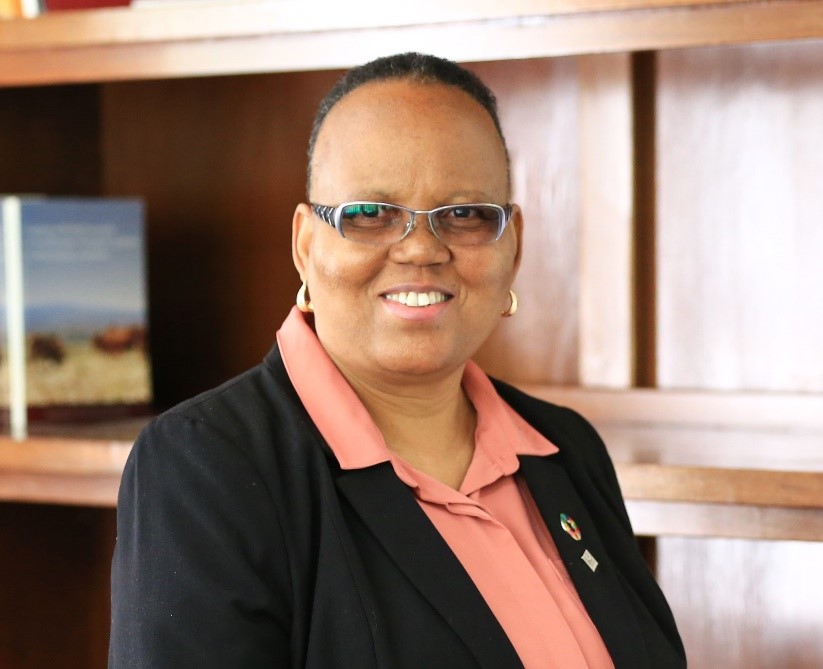
Deputy Director-General, Research and Development – Biosciences Livestock Genetics, Feeds and Forages
International Livestock Research Institute
European Union Science Counsellor to the African Union,
European Commission
 11:20 – 11:35
11:20 – 11:35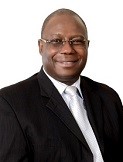
Executive Director, Forum for Agricultural Research in Africa (FARA)
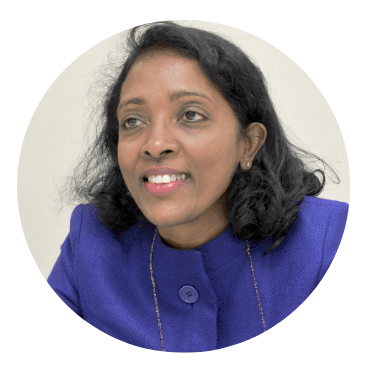
Managing Director, Global Engagement and Innovation, CGIAR System Organization
 11:35 – 11:55
11:35 – 11:55
Regional Director, East, and Southern Africa, One CGIAR, and Director General of the Africa Rice Center
 11:55 – 12:15
11:55 – 12:15Senior Research Policy Officer, SCAR Secretariat, EU-African Union Food Systems R&I, Horizon Europe Food Systems Partnership

Senior Policy Officer, Directorate-General for Agriculture and Rural Development
 12:15 – 12:30
12:15 – 12:30
Head of sector, Sustainable agri-food systems and fisheries, Directorate-General for International Partnerships, European Commission
 12:30 – 12:45
12:30 – 12:45Team Lead of the PANAP Secretariatat JRC-IPTS, Joint Research Center, European Commission
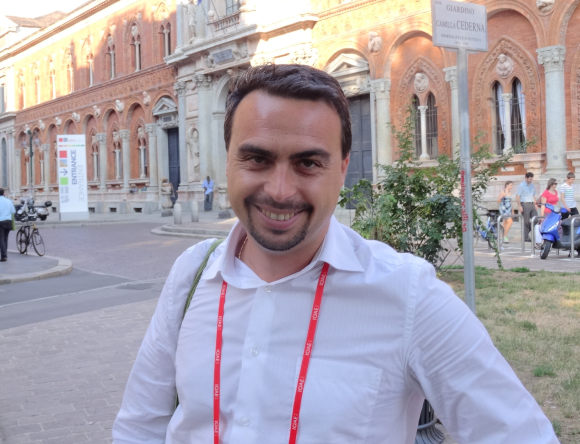
Tillie Researcher and Scientific Officer at JRC-IPTS, Joint Research Center, European Commission
 12:45 – 13:00
12:45 – 13:00 13:00 – 13:10
13:00 – 13:10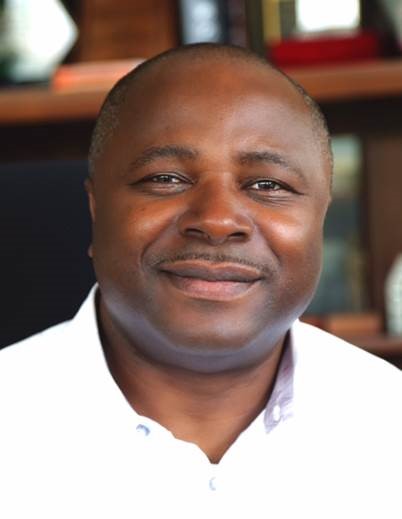
Regional Director, West and Central Africa, One CGIAR, and Director-General of the International Institute of Tropical Agriculture (IITA)
 13:10 – 13:15
13:10 – 13:15European Union Science Counsellor to the African Union, European Commission
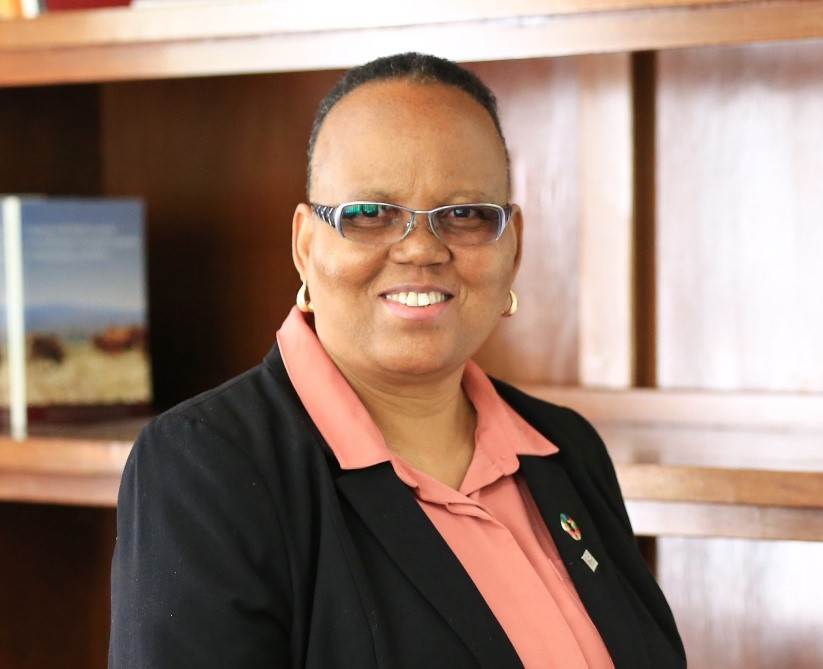


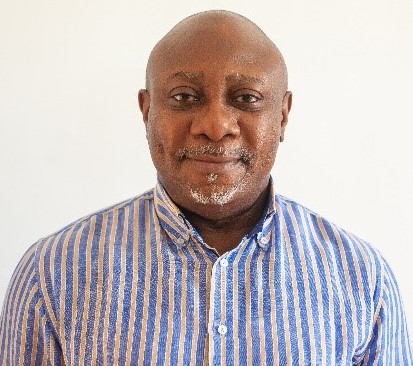
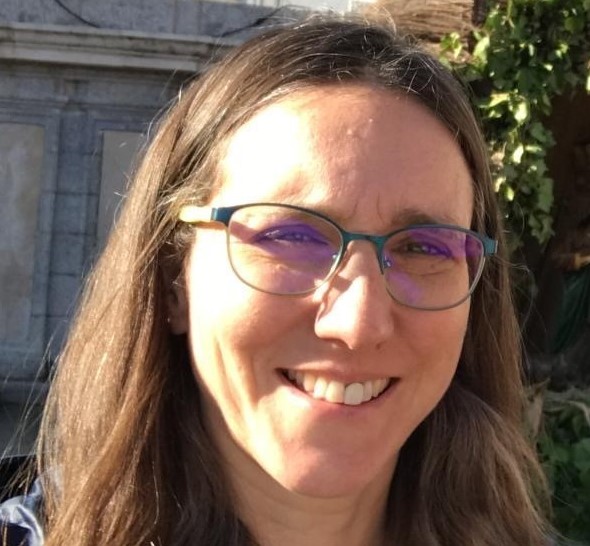
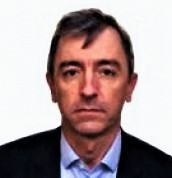
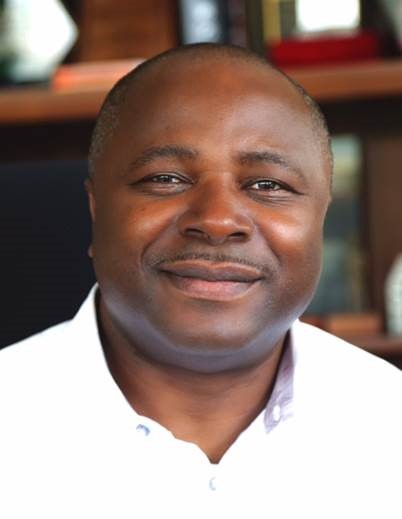

Dr Fabio Micale has a background in agronomy with a PhD in agrometeorology and modelling. He has worked for more than 20 years in the European Commission – Joint Research Centre, where he had the opportunity to maturate a large experience in modelling in different aspects of agriculture.
Dr Micale joined the Economics for Agriculture Unit in 2017 and was appointed as team leader of the PANAP secretariat.
He has had more than 50 scientific publications and almost 2000 citations.
Dr. Hans-Jörg Lutzeyer, is senior policy officer at Directorate General Research and Innovation of the European Commission, based in Brussels, in the Bioeconomy and Food Systems unit (FOOD 2030). He is in charge of food systems and data and food systems Africa and co-chairing the EU-African Union (AU) Food and Nutrition Security and Sustainable Agriculture (FNSSA) working group of the EU-AU Partnership on FNSSA. He is executive secretary of the Standing Committee on Agricultural Research, which provides advice to the Commission, Member States and Associated Countries on strategic research and innovation in agriculture, food systems and the bioeconomy. He is also contact for the Horizon Europe candidate partnership on safe and sustainable food systems for people, planet & climate.
Mr Christophe Larose holds a Master degree in Development Economics from Auvergne University, France (1996). He has been involved in consultancy work and joined the European Commission as administrator since 2003. He has been posted in several EU Delegations: Mauritius (with responsibilities over Seychelles, Comoros and Indian Ocean), Madagascar and South Africa. He came back to Directorate-General for Development and International Cooperation (EuropeAid), European Commission, Brussels in September 2016. He is heading the sector in charge of sustainable agriculture which includes innovation, research and digitalisation in agriculture.
Dr Siboniso Moyo is the Deputy Director General for research and development- Livestock Genetics and Feeds &Forages at the International Livestock Research Institute (ILRI). Previously she was ILRI Director General’s representative in Ethiopia. Between 2014 and 2017 Dr Moyo was the coordinator of ILRI activities in the Animal Science for Sustainable Productivity (ASSP) Program as its global leader. From 2006 -2014, she was ILRI’s Regional Representative in southern Africa with responsibilities to coordinate activities in the region.
She is an Animal Scientist specialized in animal breeding and genetics with over 35 years’ experience conducting livestock research and development in developing countries. Her fields of specialization include breed improvement and performance evaluation, smallholder livestock production systems, livestock research and management.
Before joining ILRI Dr Moyo was the National Director for Livestock Production and Development in Zimbabwe 2002 - 2005.
Dr Piero Venturi is the European Union Science Councellor to the African Union based in Addis Ababa. He is responsible for the policy framework for R&I cooperation with African stakeholders and Member States.
For nearly 20 years, he has worked for the European Commission in food, agriculture, bioeconomy and international cooperation with a focus on Latin America and Africa. He was Science Counsellor of the European Union for Brazil and Latin America in the EU Delegation to Brazil.
Before joining the European Commission he was a lecturer at the University of Bologna in Italy. He holds a PhD in Agricultural Engineering from the University of Bologna and researched at Polytechnic University of Madrid (Spain) and Wageningen Agricultural University (the Netherlands). He published more than 80 articles on scientific journals.
Dr. Yemi Akinbamijo is the Executive Director of the Forum for Agricultural Research in Africa (FARA). He is an agriculture expert with a track record of leadership in Food/Nutrition Security, Rural Development, Agricultural and Environmental Sciences. Prior to his appointment as the Executive Director of FARA in 2013, he was the Head of Agriculture and Food Security Division at the African Union Commission Headquarters in Addis Ababa, Ethiopia.
With more than 30 years in the practice of agriculture and rural development, Dr Akinbamijo has served with increasing responsibilities and leadership roles in institutions with national, regional and continental mandates, including twice as a Head of Diplomatic Mission. He is a former lecturer, and he has widely published in various agricultural disciplines. He is a former editor of the Bulletin of Animal Health and Production in Africa (Peer-review Journal) and lead author of the book, Crop-livestock Integration in West African Cities. He obtained his PhD in Agricultural and Environmental Sciences from the Wageningen Agricultural University, The Netherlands.
Kundhavi Kadiresan, Managing Director, Global Engagement and Innovation, CGIAR, is a development expert with over 25 years of experience in policies and programs. Most recently, she served as Assistant Director General for Asia and Pacific for the Food and Agriculture Organization (FAO), where she advocated and supported the FAO’s work on food, agriculture, water, forestry, fisheries, livestock, one health, nutrition and climate change. Prior to joining the FAO, she worked in leading international organizations such as the World Bank and the United Nations, leading multi-sectoral, multi-disciplinary teams on macroeconomic policy, governance, agricultural policy, emergency response, and poverty.
Dr Harold Roy-Macauley is Regional Director, East and Southern Africa, One CGIAR, and Director General of the Africa Rice Center (AfricaRice). He is a Sierra Leonean national and has nearly 30 years of experience in agricultural research for development with extensive leadership and management expertise. Before joining AfricaRice, he was the Executive Director of the West and Central African Council for Agricultural Research and Development (CORAF).
He served previously as the Regional Director for World Agroforestry (ICRAF) in West and Central Africa. He was the Managing Director for the Regional Center for Improving Adaptation to Drought (CERAAS) in Senegal. He is fluently bilingual in English and French. He obtained his PhD degree in tropical plant biology in 1993 from the Université Denis Diderot in France, his MSc degree in tropical plant biology in 1988 from the Université de Pierre et Marie Curie in France, and his BSc with honors in botany in 1982 from the University of Sierra Leone.
Ms Marta Iglesias is a senior Research programme officer at the European Commission directorate general for Agriculture and Rural development with more than 20 years’ experience. She works on soil, water and nutrients research and innovation and on International Cooperation aspects. Currently, she represents the EC chair at the High Level Policy Dialogue (HLPD) Food Nutrition Security and Sustainable Agriculture (FNSSA) working group.
Ms Marta has an engineer background and a master degree on watering, soils and drains.
Dr Nteranya Sanginga is the Regional Director west and Central Africa, One CGIAR and Director General at the International Institute for Tropical Agriculture (IITA). Dr Sanginga has more than 21 years of experience in agricultural research and development, particularly in applied microbial ecology, plant nutrition, and integrated natural resources management in Africa, Latin America, and Southeast Asia, having worked with the University of Zimbabwe, IITA, International Atomic Energy Agency in Austria, and Tropical Soil Biology and Fertility Institute of CIAT. Before joining IITA as Director General, he was the executive director of CIAT-TSBF from 2003 to 2011.
As a research administrator and leader, he has strong skills in research management, situation analysis, resource mobilization and project management, developing partnerships and institutional linkages, institution building, managing complex structures and systems, and capacity building. He played a major role in the creation of the Consortium for Improving Agriculture-based Livelihoods in Central Africa (CIALCA).
He is a board member of the Scientific and Technical Advisory Panel, administered by UNEP; advises the Global Environment Facility on sustainable land management global issues; is a member of the editorial board of Applied Ecology Journal; and an occasional editor for Soil Biology and Biochemistry, Biology and Fertility of Soil, Plant and Soil, Nutrient Cycling in agroecosystems, Soil Science Society of American Journal, African Crop Science Journal, and Nigeria Journal of Soil Science.
Sergio Gomez y Paloma is a senior research officer at Joint Research Centre (JRC), European Commission (EC). He holds a degree in Agricultural sciences (Napoli University), Master's degrees in Agribusiness (Milano U.) and Agricultural systems analysis (Agro-Paris Tech), and a PhD in Agricultural economics (Bologna U). Before joining the EC he was a Lecturer on Development (Ag)Economics at Roskilde University. His main research interests include agricultural policy and production economics. He is currently leader for Africa analyses at the JRC Unit for Economics of Agriculture. He was 2011-2014 Member of the Editorial Board of the Applied Economics Perspective and Policy Journal, and 2015-date Associate Editor of Agricultural Economics.
Emanuele Ferrari is a researcher working on computable general equilibrium (CGE) modeling, agricultural economics, international trade, development and food security in the Joint Research Centre of the European Commission. He leads the CGE team of economic researchers in agriculture, agrifood international trade and food security at the Economics of Agriculture Unit of the JRC-Seville. He has a Ph.D. on development economics from the University of Florence and a Master on development and Cooperation from the University of Pavia. Before joining the JRC he has worked at Oxford Brookes University, FAO, CEPAL and UNCTAD.